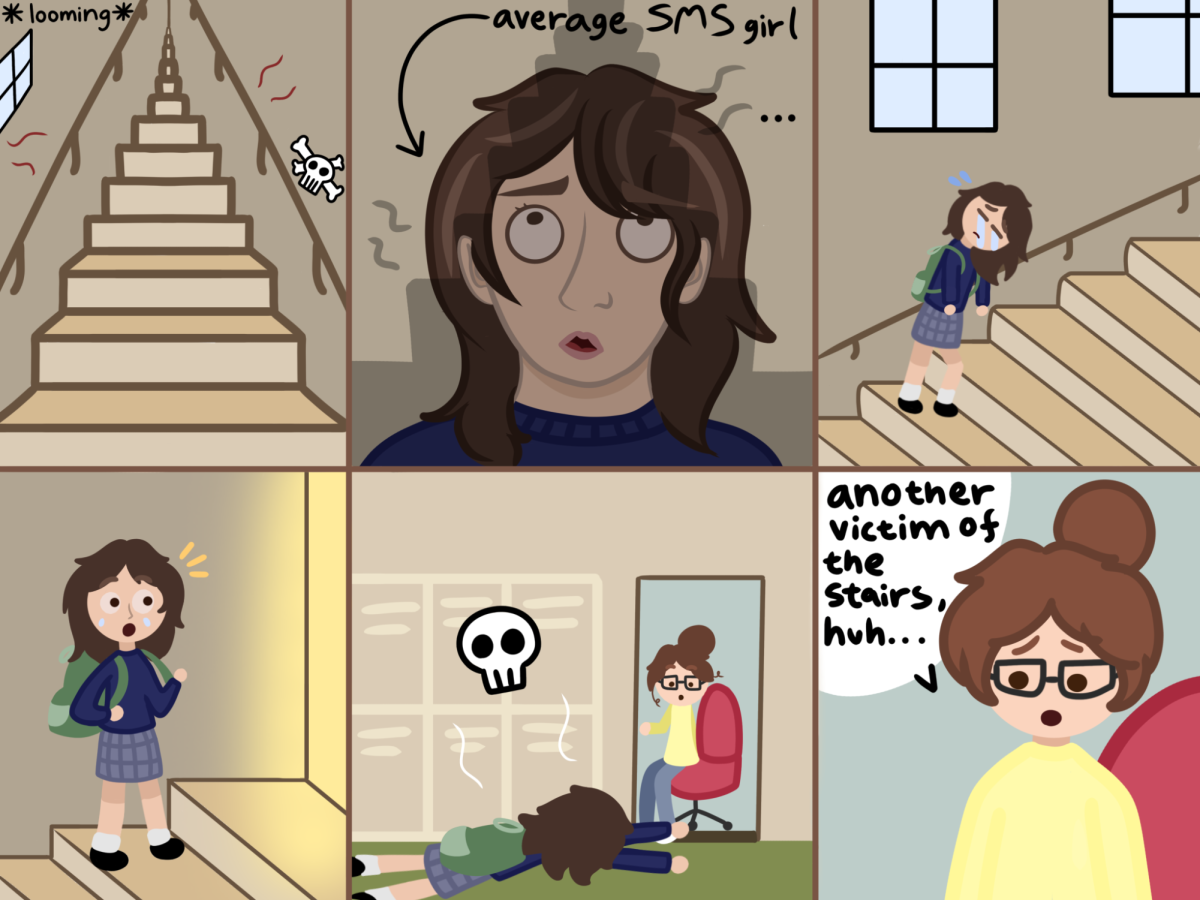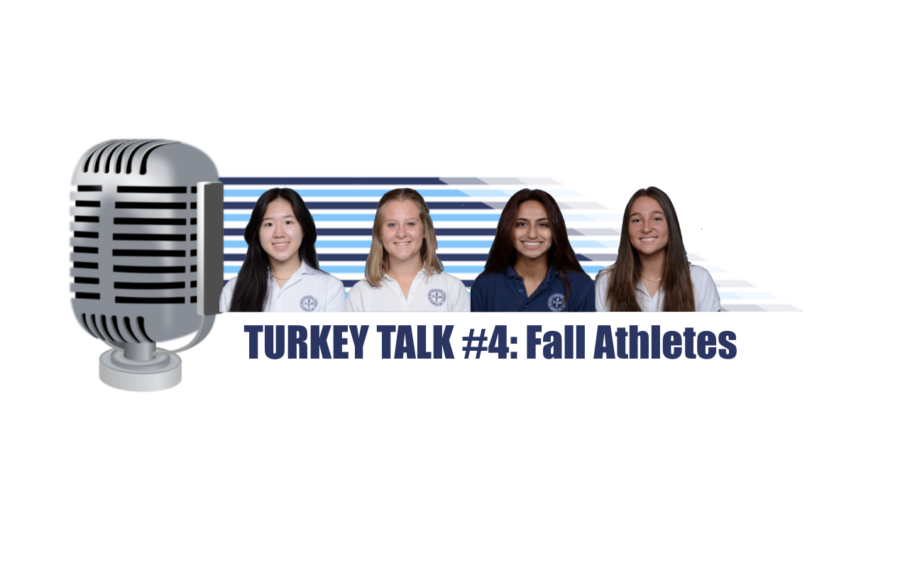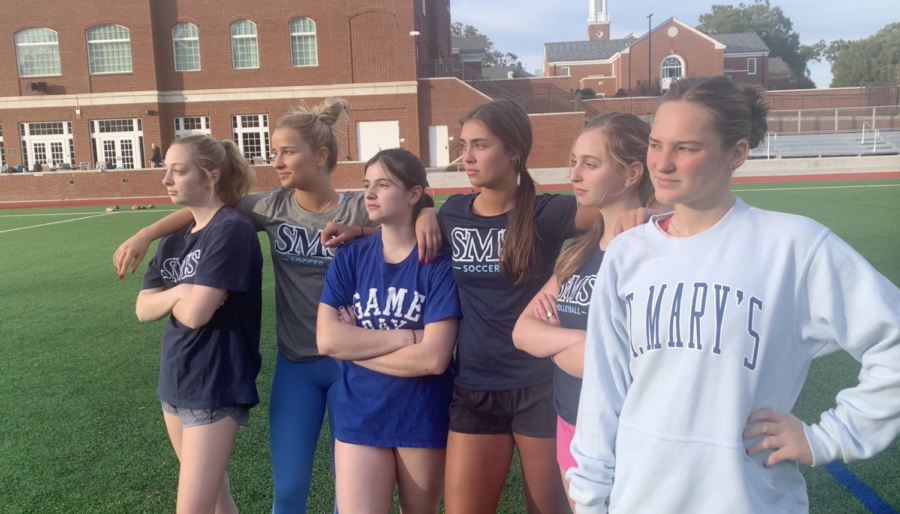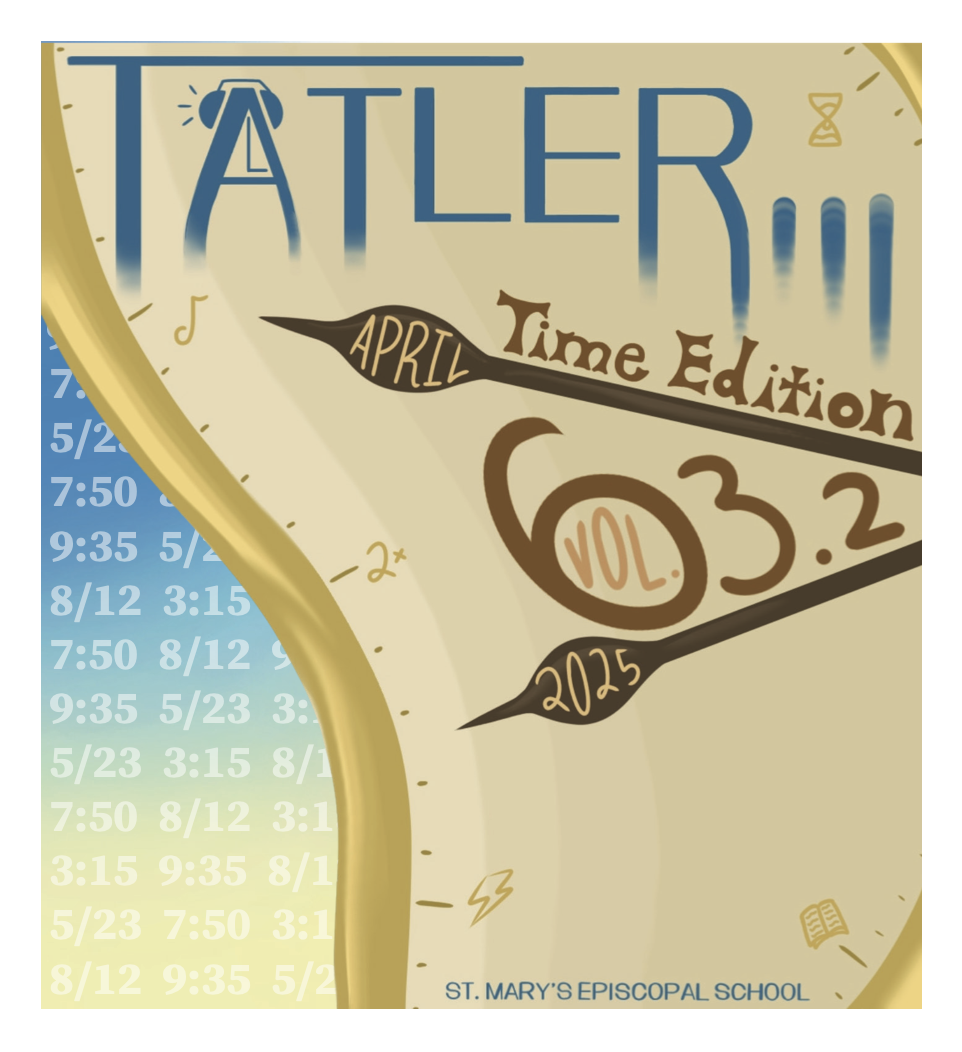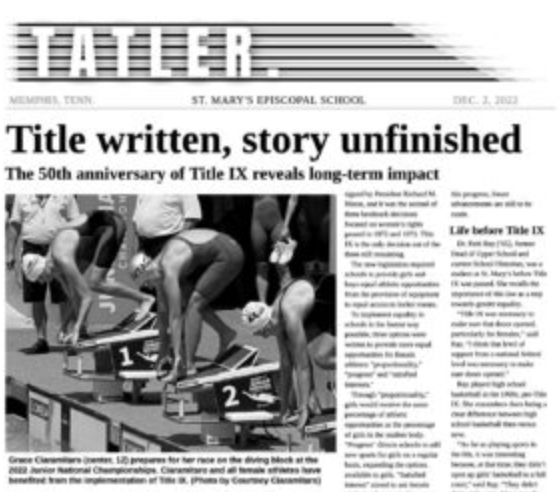College.
This single word encompasses all of the worry, excitement and uncertainty about the future for many upper schoolers. Is the answer to everything… a quiz?
College quizzes that aim to match students with a fitting school take data and statistics from colleges themselves, student surveys and other recorded statistics about every school in their database. After answering a list of questions, the results are run through an algorithm that matches the website’s data with the student’s, and provides them with a list of matching colleges.
Quizzes from organizations like Scoir, Niche and College Board employ their best strategies for college placement, including options to rank what location, major and school environment a student is looking for, ending in an itemized list of every college their answers matched them with.
At St. Mary’s, college counselors require all students to take the Scoir college match quiz as juniors. Scoir is the platform used in other aspects of high school here, like tracking GPAs and future career paths, and its quiz is the only one students are required to take.
We asked Adriana McDonald, Katie Hill and Alice Lee, three seniors who have already completed the application process, to take the Scoir, Niche and College Board quizzes and compare these to the actual application process, in order to see if the quizzes suggested the colleges they had actually applied to.
Even before we asked her to take college match quizzes for our interview, Senior Katie Hill had already gone all in on quizzes to prepare for applying to college.
“I did [use quizzes] just to see what my options were because neither one of my parents have a four-year degree, and I’m an only child, so I didn’t really know what I was doing,” Hill said. “I think they were helpful to kind of see what was out there and kind of see the vibe I liked more.”
Hill retook the three quizzes for us, receiving long lists of suggestions for schools to attend.
But ultimately, her actual application list didn’t reflect what the quizzes suggested. Out of the 13 applications she sent in, none went to the schools recommended as a good fit by the quizzes.
Lee shared a similar experience, with only two of the 12 colleges she applied to appearing on her suggested lists.
“Both the Colorado ones were on there, which is great – Boulder is my second choice, so that went well.”
McDonald had slightly more luck, with six out of 12 being on her list of suggested schools.
What accounts for the mismatch?
Each senior had a different opinion, but everyone agreed that there was an aspect of choosing a fitting college that the limits of an online questionnaire couldn’t measure. McDonald noted that the quizzes did not provide a chance to evaluate every aspect of what she is looking for in a school.
“One of the quizzes [Niche] gave you all of these options like diversity, location and academic rigor, and it gave you a bar to measure out how important that was to you, but it only let you pick five of those,” she said. “I was like, OK, all of these are important to me, how am I supposed to pick five? So I don’t think it’s truly reflective.”
Safety schools, or schools where the student’s academic credentials exceed the school’s expectations, can also be harder to find on these quizzes – a concerning issue for Hill.
“A lot of St Mary’s girls have high GPAs so they are going to get suggested these really competitive schools, and for me, it was harder to find safeties with those kinds of quizzes,” Hill said.
Lee noticed that non-academic life was not covered on every quiz.
“I mean, some of them had activities. I think activities are really important,” Lee said. “The environment [of a school] is important, sometimes honestly, it’s just the vibe of the school, which is hard to get in a quiz.”
In her search for the right college fit, McDonald found the in-person impression of a school to be the most helpful.
“I would definitely tour a campus,” she said.
After completing all three quizzes and comparing them to their own experiences, all three seniors came to the same conclusion. If a student is planning on using a quiz to decide their future, use Scoir, since all St. Mary’s students already have an account, and the platform is proficient in suggesting colleges similar to those that have been previously followed. However, according to these students, it is far better to employ a more in-depth strategy to find the perfect school.
So if not online quizzes, how should students prepare to apply?
St. Mary’s offers college-finding resources for juniors and seniors, which is where most students turn to for college advice. McDonald stressed the importance of meeting face-to-face with a college counselor, a professional who will guide you through and provide you with more personalized suggestions.
“I will say personally for me [the quizzes] weren’t as helpful as talking to my college counselor and being like, this is what I want,” McDonald said “Just having a face-to-face conversation with an actual person was definitely so helpful because I feel like she can pick up more than an online test can, even if I don’t realize it myself.”
For anyone questioning whether a school is the right fit from afar, Hill suggested watching videos online of real students at these colleges.
“I liked to watch vlogs and TikToks from the school because it’s hard to get the actual vibe of the campus unless you tour,” she said.
Lee agreed that campus environment and student life is a necessary piece of the puzzle, especially non-academic activities, like clubs and other extracurricular groups. Most importantly though, she encouraged students to prioritize their happiness and choose somewhere enjoyable.
“I mean it’s really thinking about what you want to do. If you can’t see yourself happy somewhere, I think it’s pointless to apply there,” Lee said. “Don’t go somewhere you won’t love… don’t go somewhere you won’t enjoy your life.”


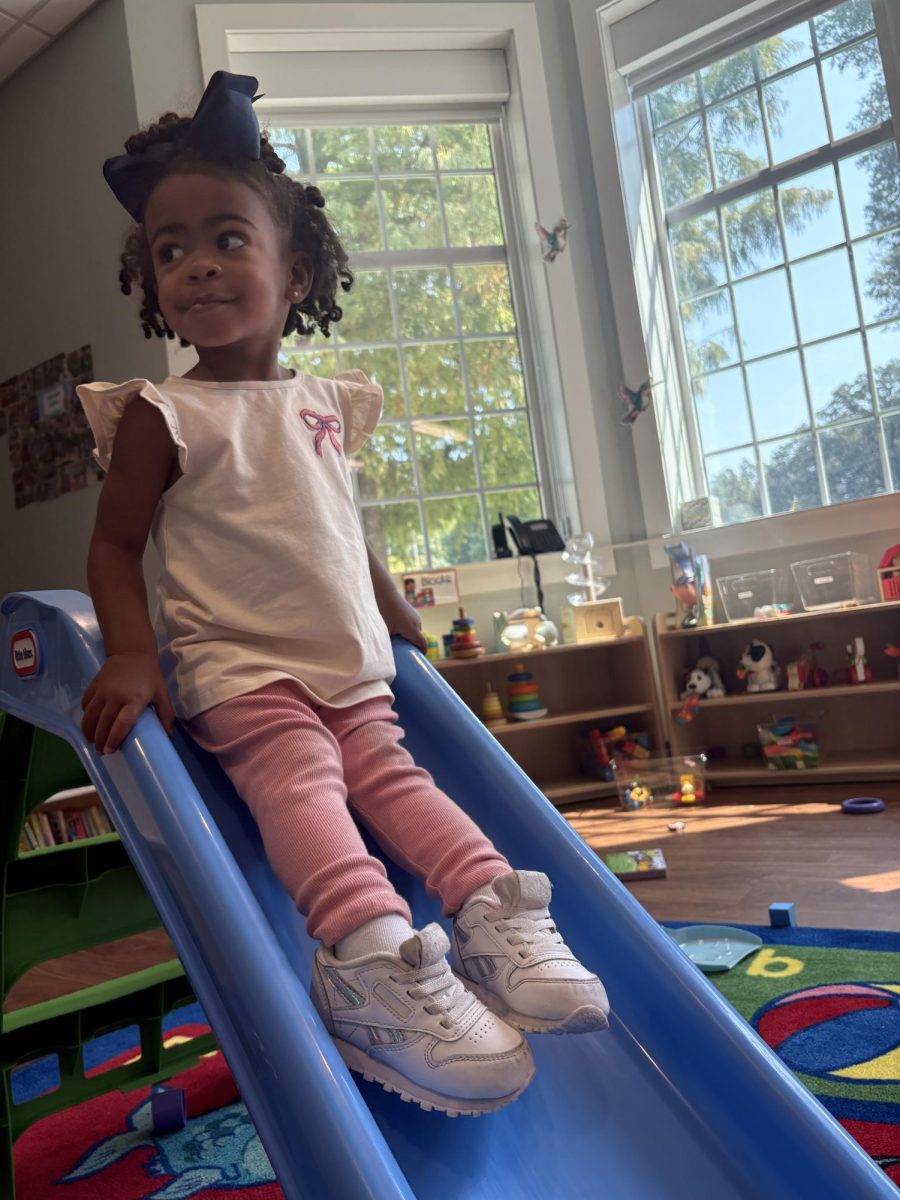
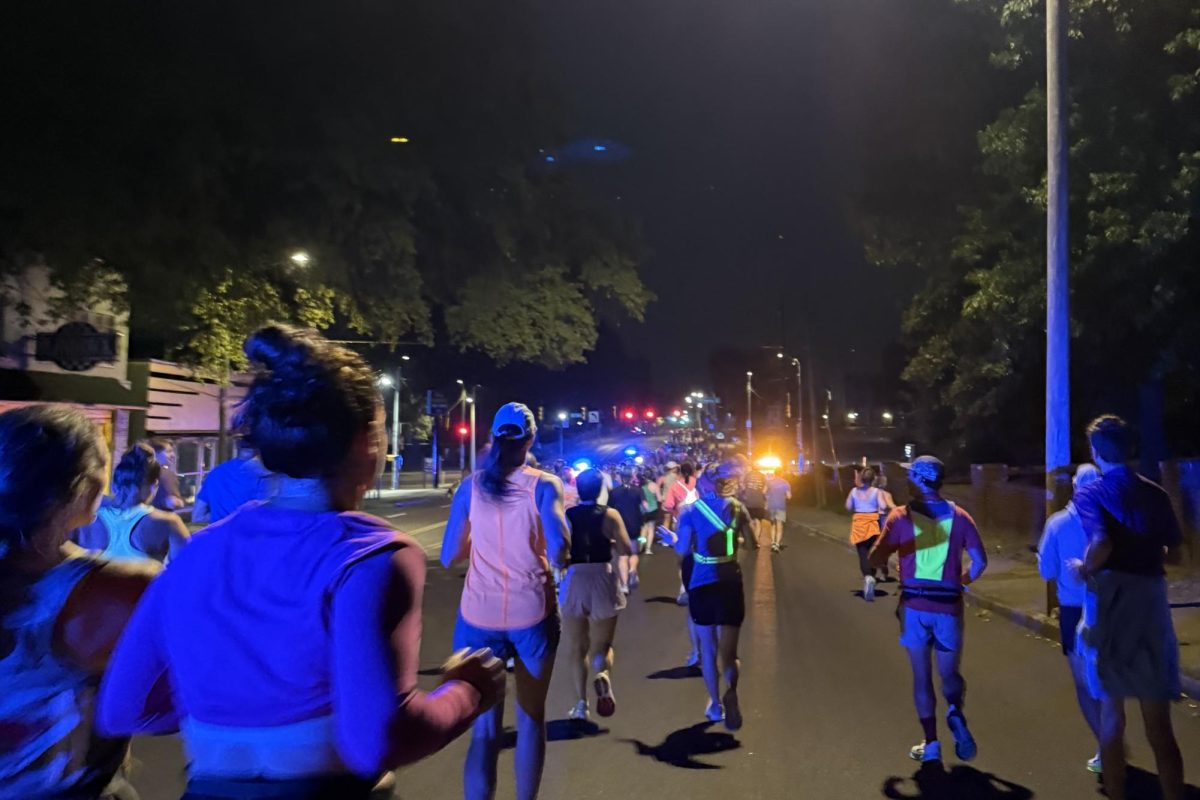

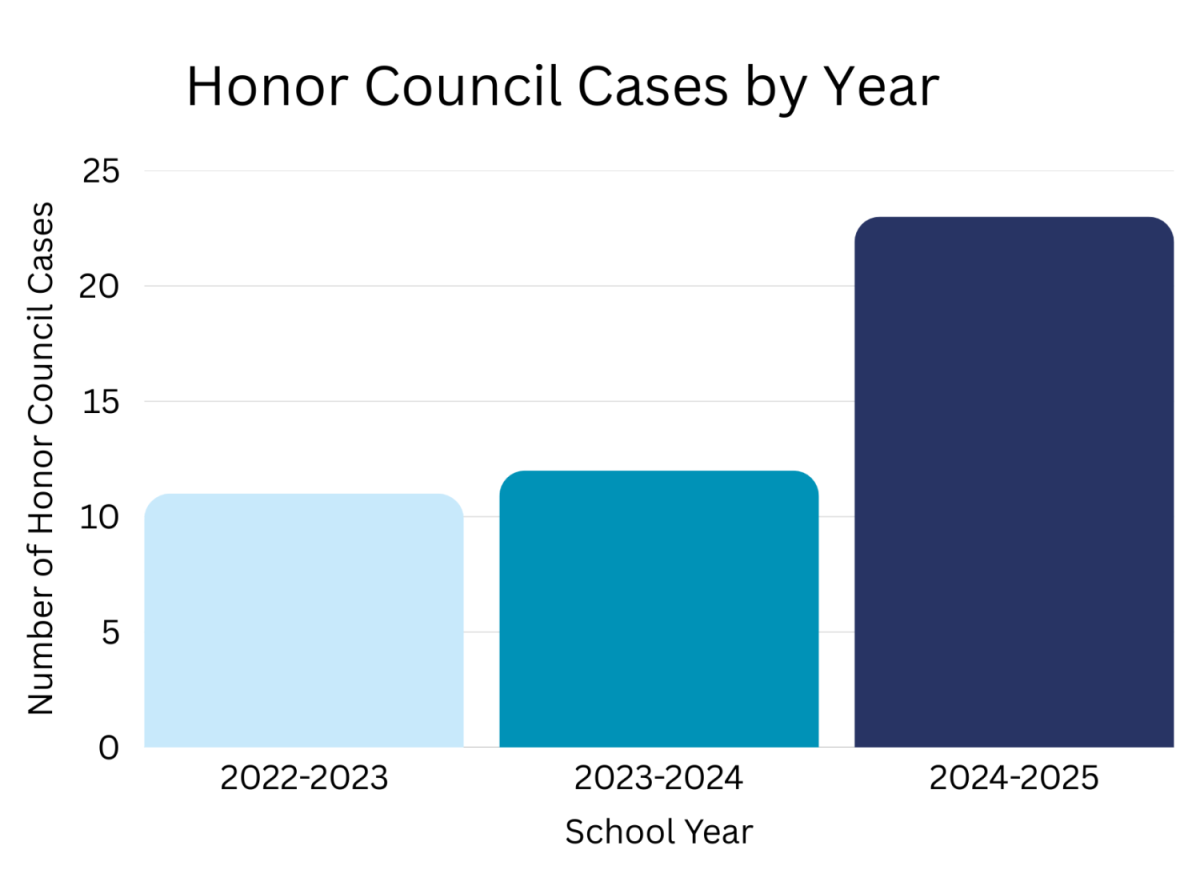
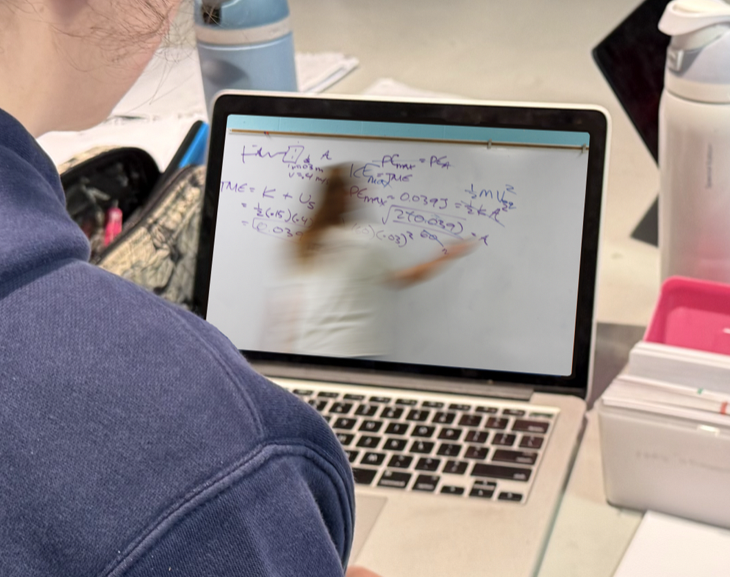




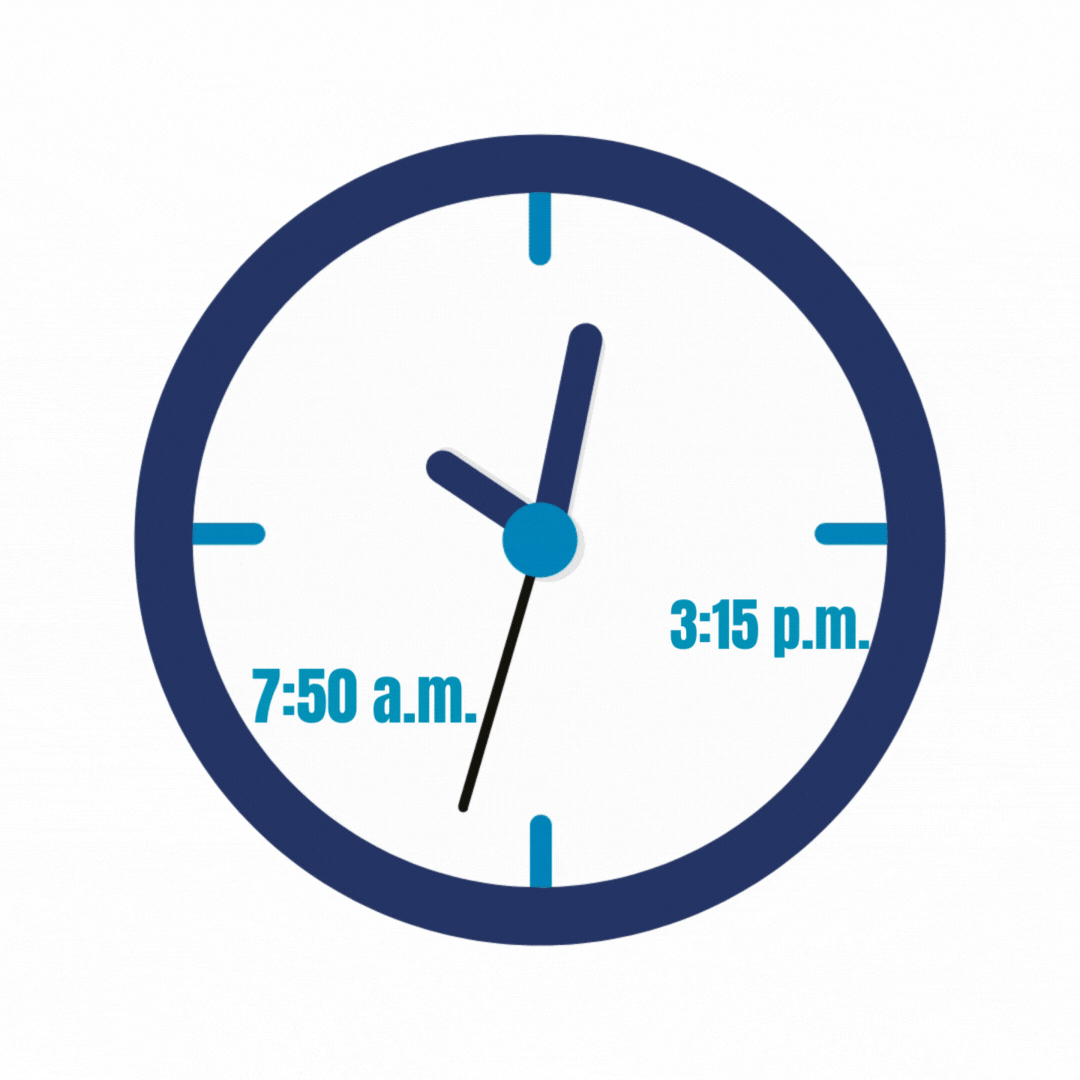



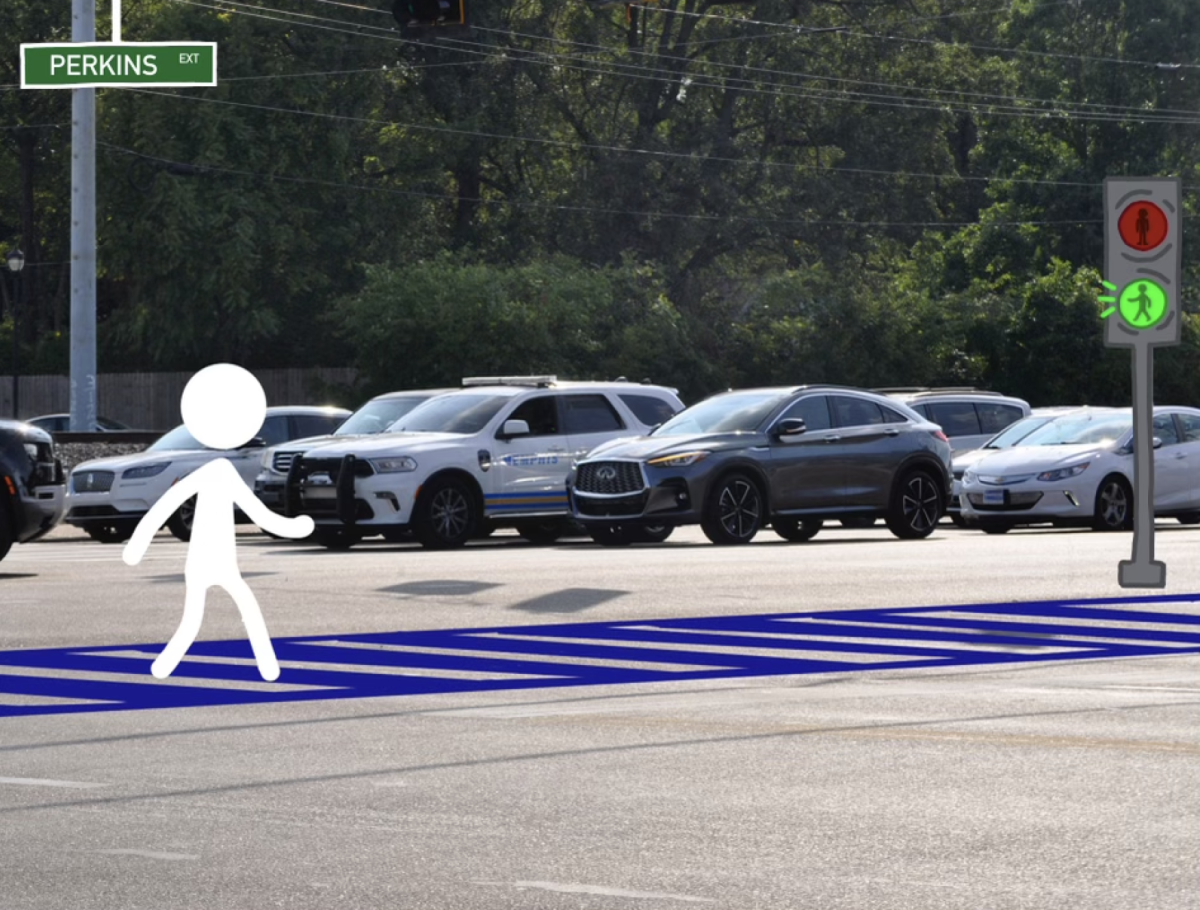
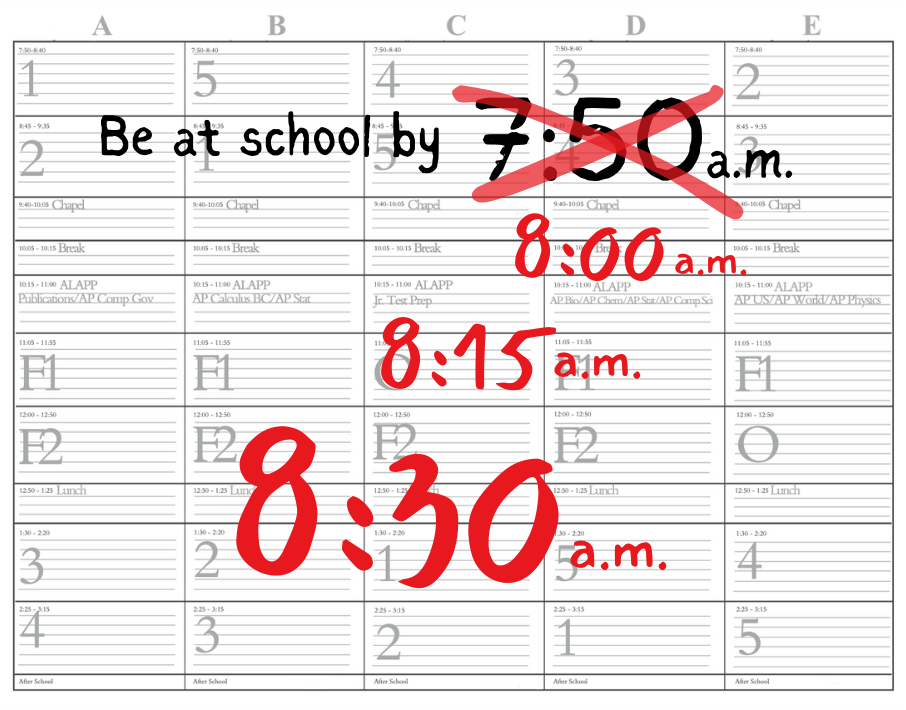







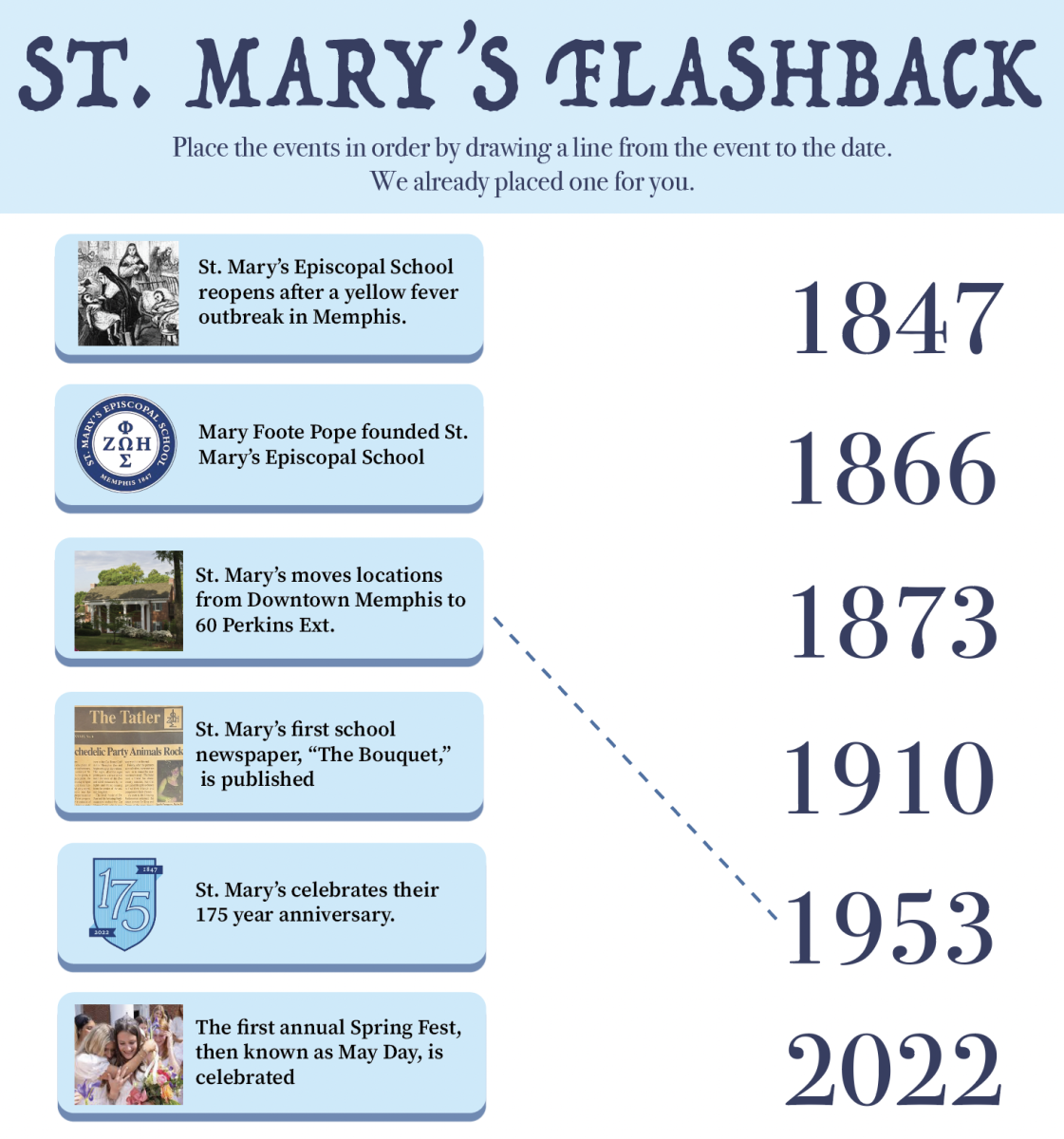
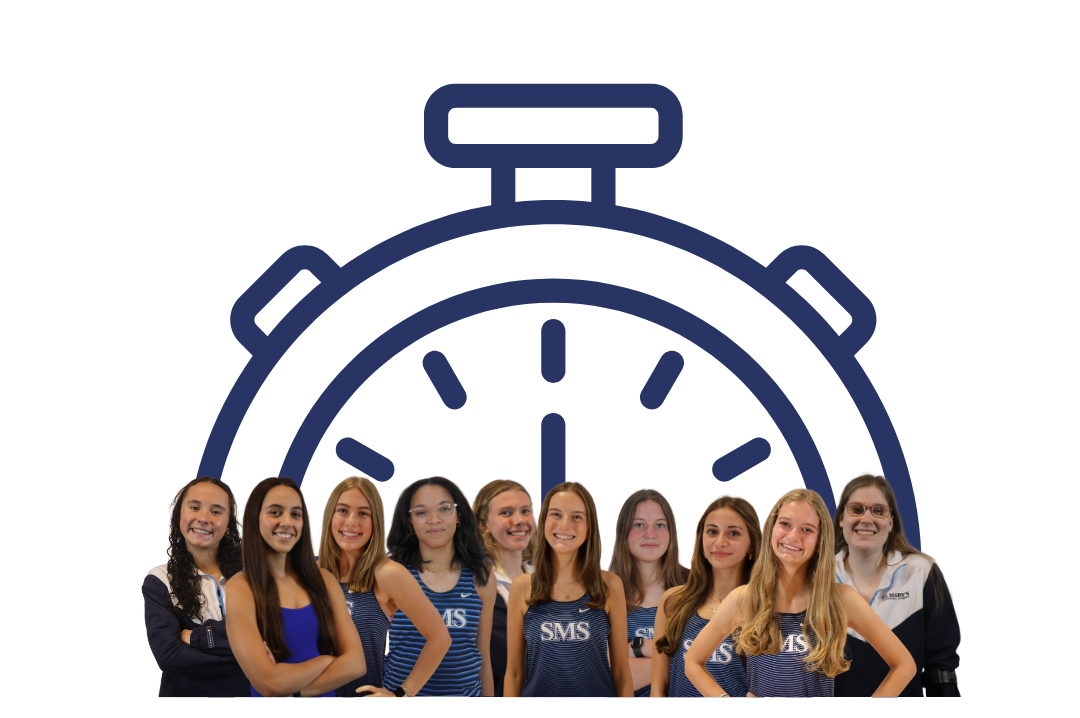
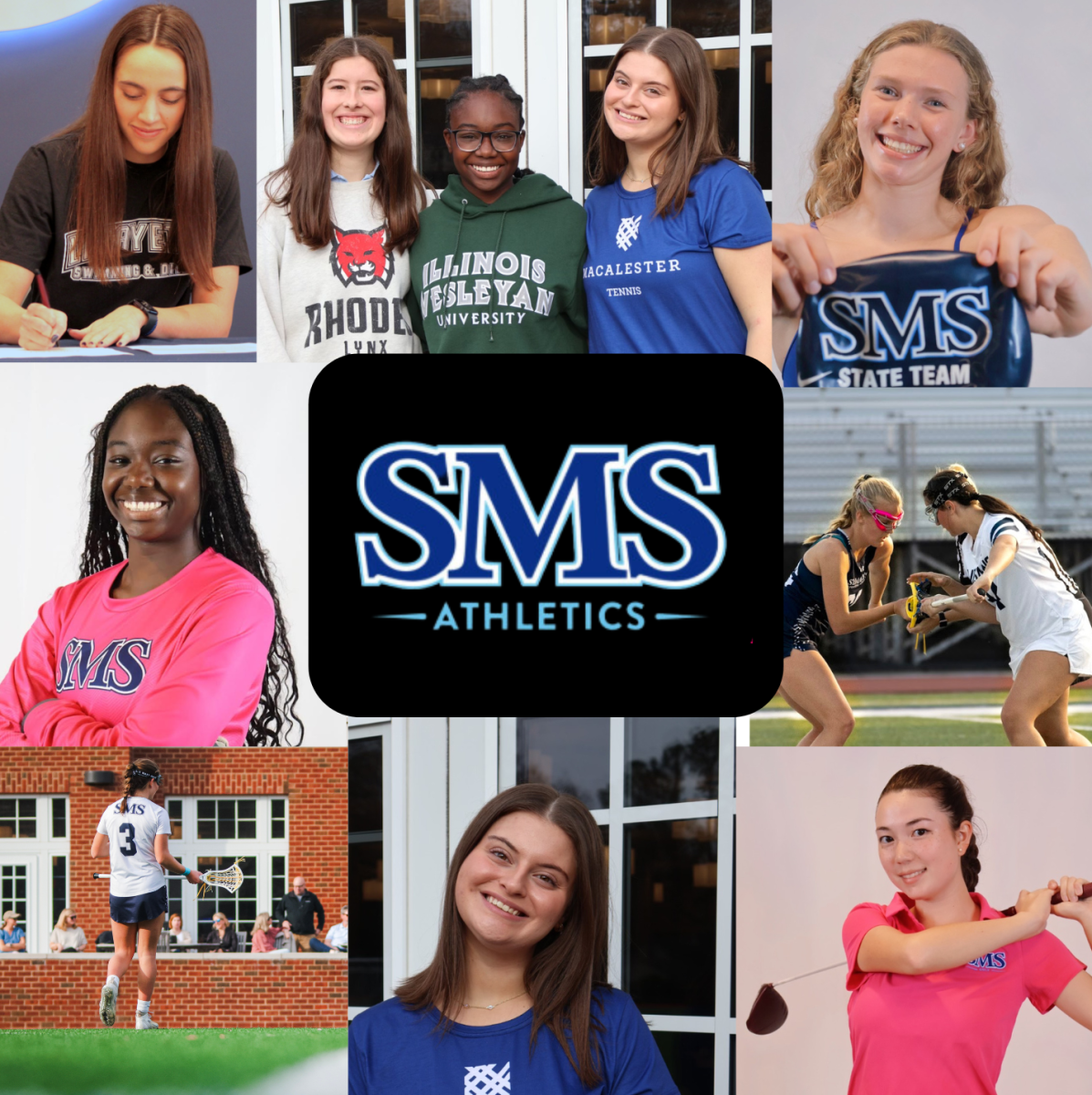
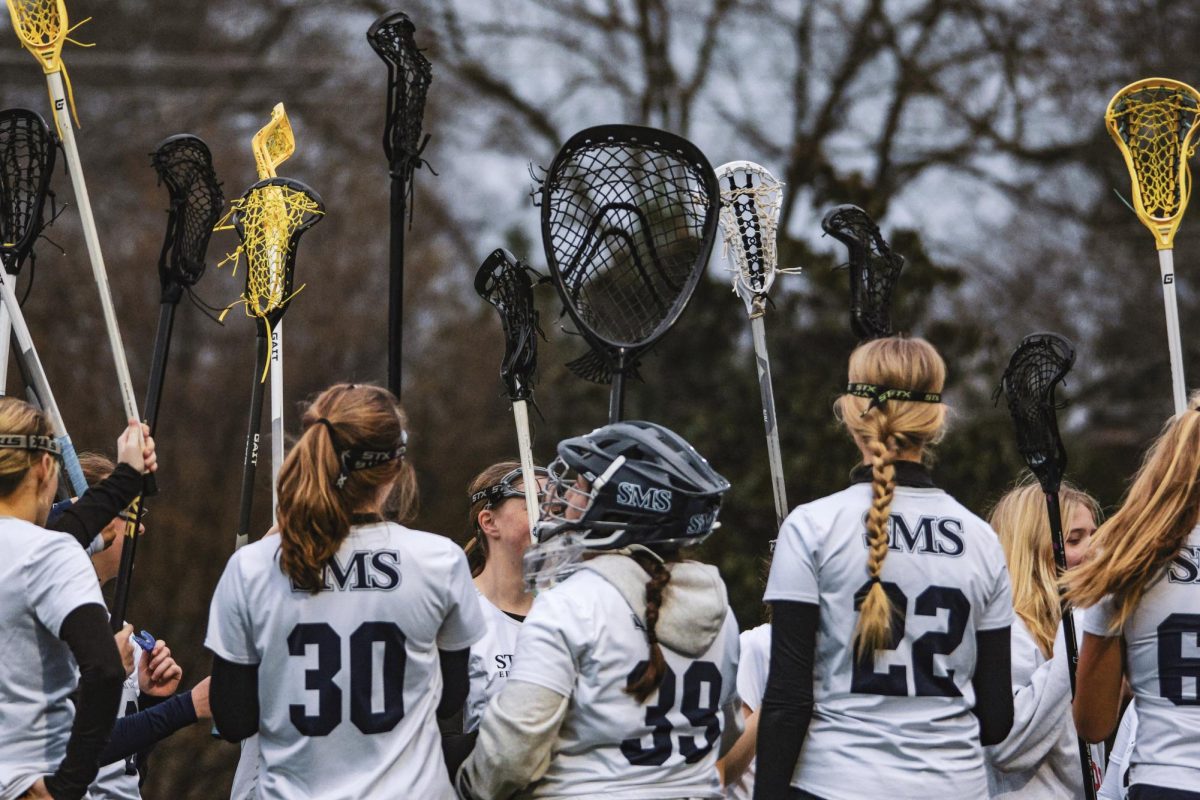
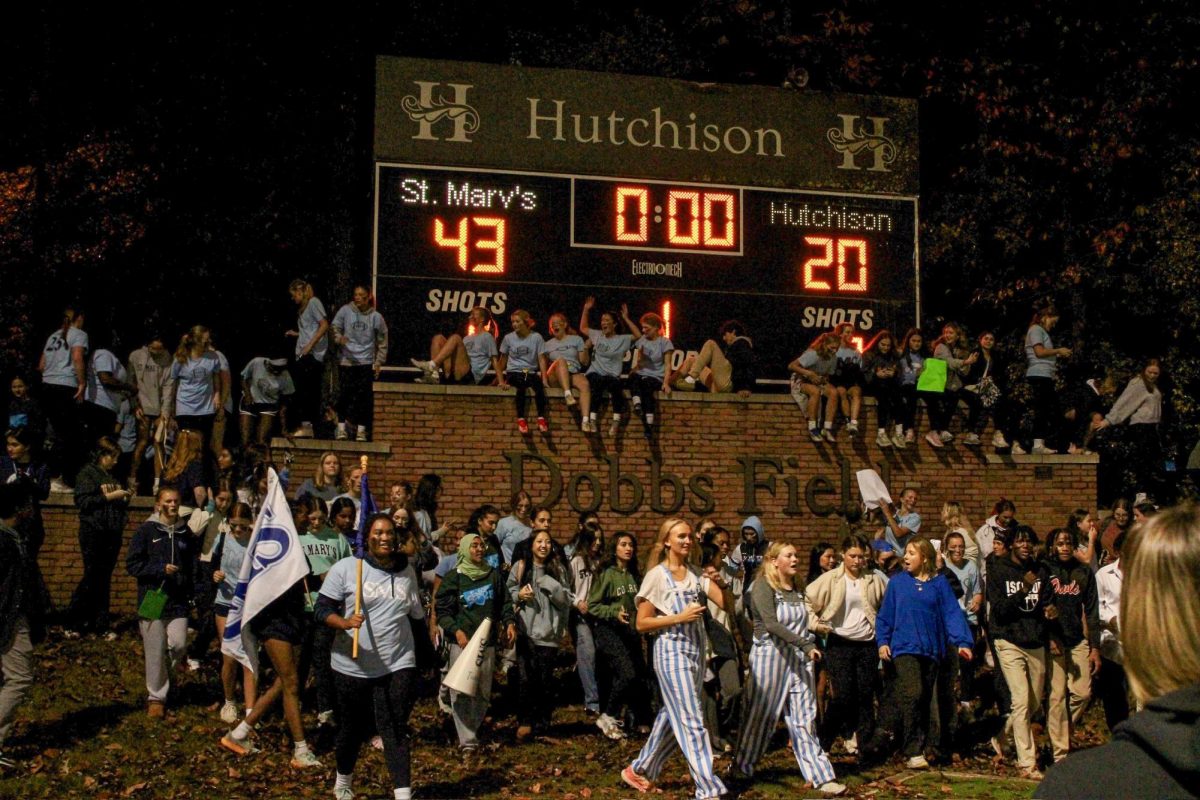
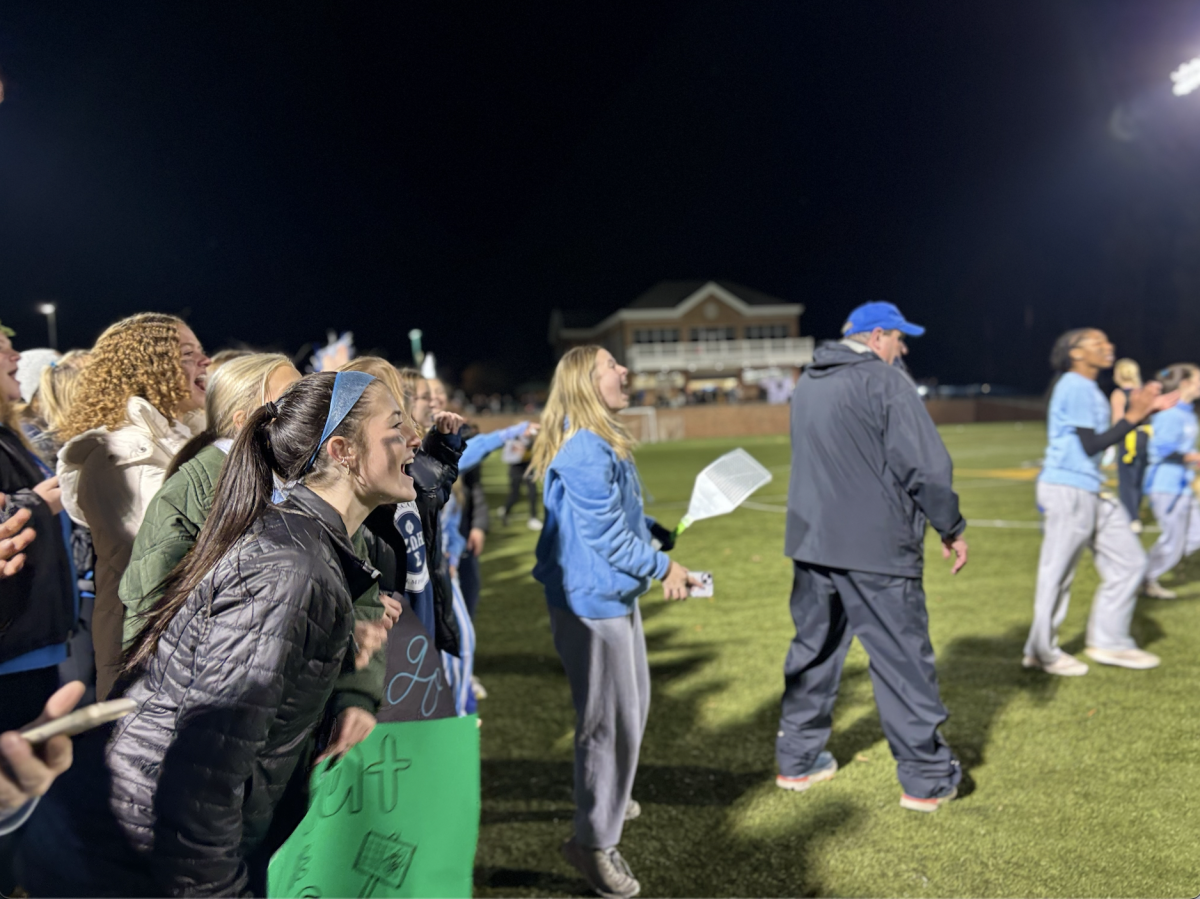
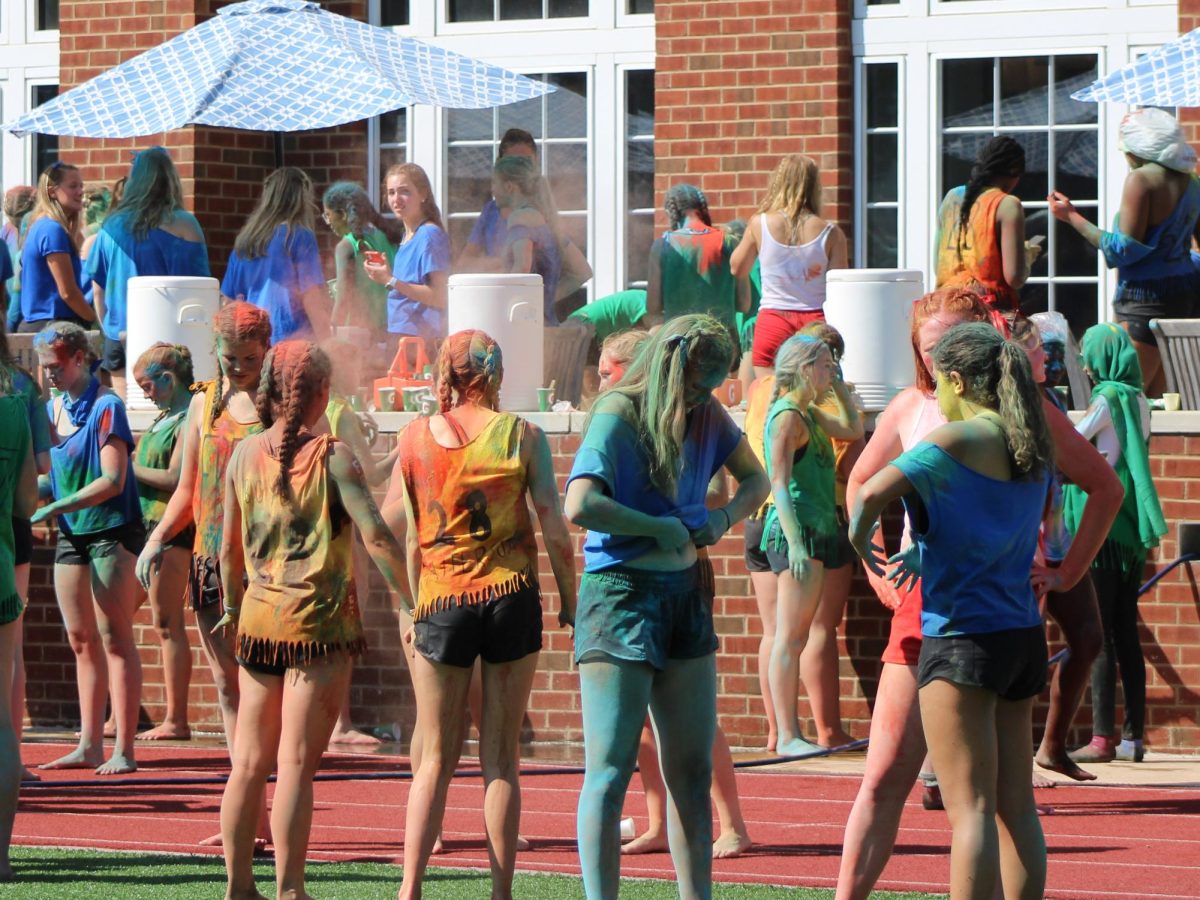
![[GALLERY] Walking in (Downtown) Memphis](https://stmarystatler.org/wp-content/uploads/2024/04/E1DAD3FE-E2CE-486F-8D1D-33D687B1613F_1_105_c.jpeg)
